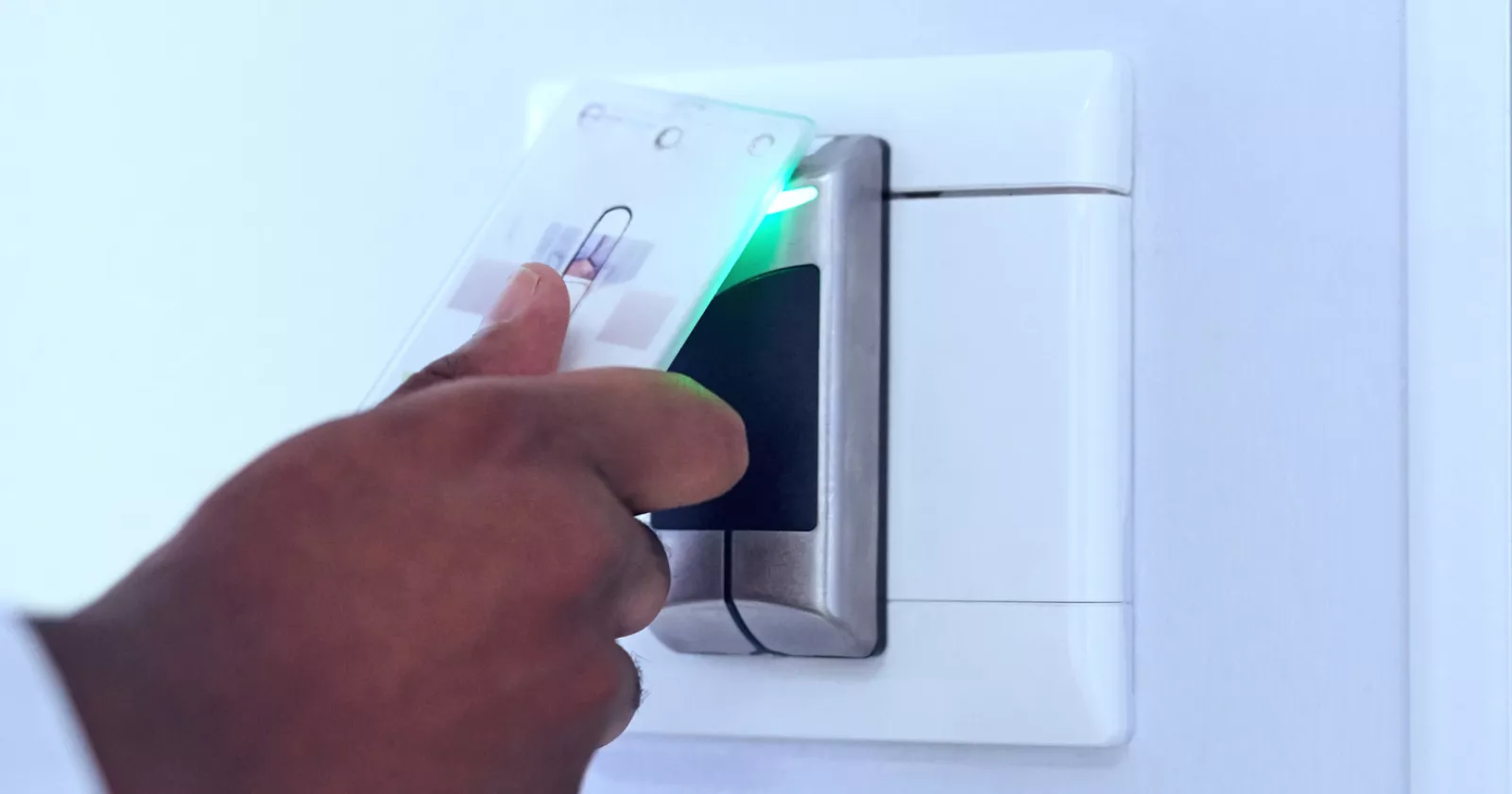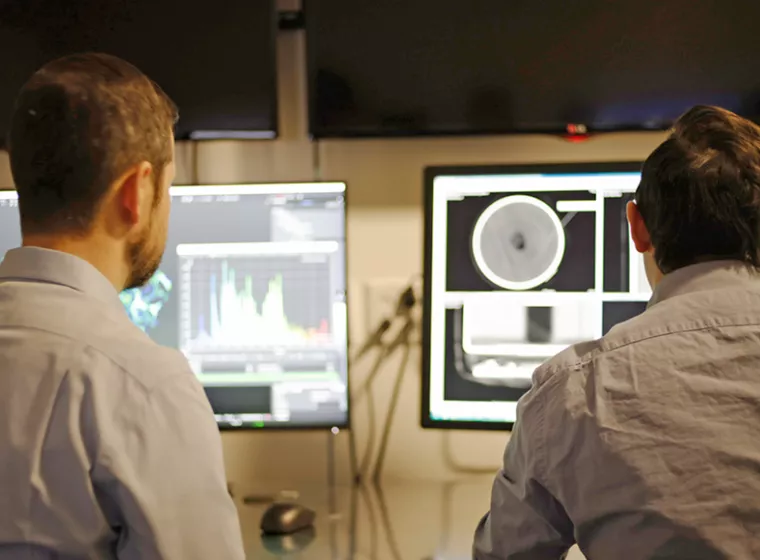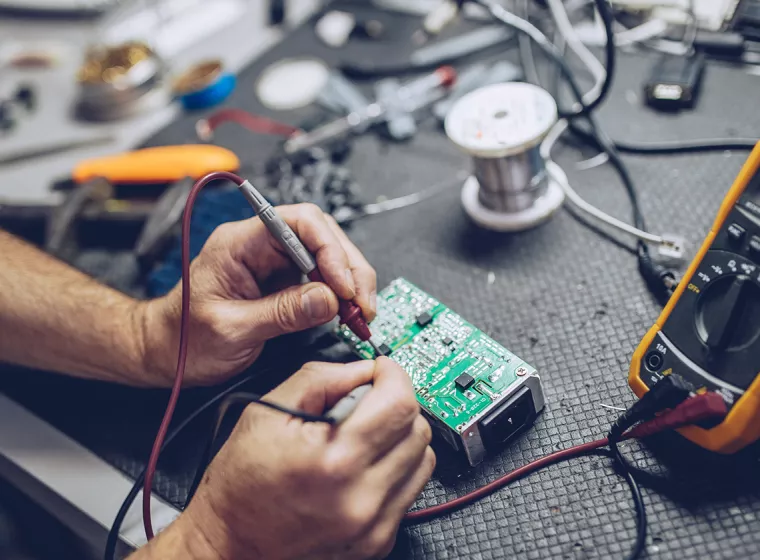How do you secure RFID devices against malicious hacking attacks?
RFID chips secure sensitive data in smart cards and thousands of other electronic devices. These chips often store personal identification numbers (PINs), credit card numbers, ID passcodes, and other encrypted data. Hackers often target this data by using brute-force attacks to crack data encryption or physical electronic and software attacks to trick the RFID devices into revealing information. Many RFID devices like credit cards are designed to resist these attacks, but hackers develop new techniques every day.
Exponent's multidisciplinary team of RFID security experts can simulate these physical and software attacks using state-of-the art equipment to test the security of RFID devices. Exponent offers support for RFID security testing for a broad range of clients, including governments, banks, airlines, and healthcare companies. We can help your organization secure RFID devices and meet Zero Trust Architecture security standards.
Physical and digital RFID security testing
Our security devices experts use state-of-the-art equipment to test the physical and digital security of RFID devices, attempting to penetrate card security using side channels, fault injection attacks, and encryption exploits. Using these methods, Exponent security experts can test RFID chip-hacking countermeasures and systems.
What Can We Help You Solve?
Exponent's computer scientists and electrical engineers have the expertise to evaluate and test a wide variety of cybersecurity systems, helping you to keep your data safe from attacks.
Experts
Our global and comprehensive expertise across industries gives us a deep understanding of current challenges, best industry practices, and the implications of emerging technologies.
Insights








